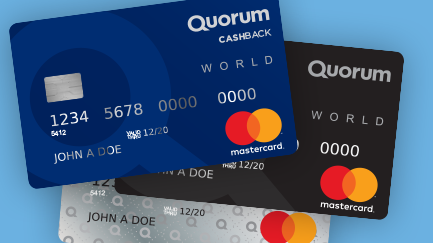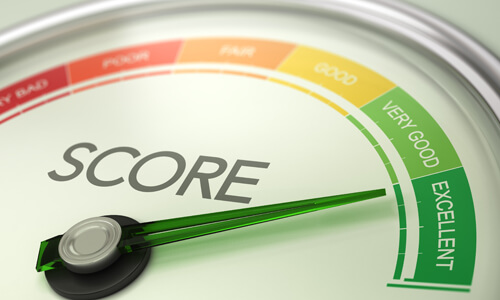One of the most enduring questions in personal finance is “Should I save money or pay off debt?” The answer, as it usually is, is “It depends.”
As much as possible, you should do both. But it’s not always possible to cover all of your financial goals in equal measure, which means you’ll have to choose the extent to which you’ll save money or pay off your debt. Here are four questions to consider when making this decision.
1. Do You Have an Emergency Fund?
Putting all your money toward paying down debt means you won’t be able to build up an emergency fund. Even if you’re being very diligent about paying down debt, you could end up in a tough spot if you don’t have the funds to pay for an unexpected expense, such as a medical bill or car repair. If you don’t have the savings to cover these types of expenses, you could end up having to go into even more debt to cover them.
Most experts say that you should have an emergency fund of at least three to six months’ worth of living expenses. Once you have that in place, it will give you some peace of mind as you work to pay down your debt.
2. What Kind of Debt Are You Carrying?
The question of whether or not you should save money or pay off your debt depends on what kind of debt you have.
Credit card debt often comes with higher interest rates, and putting off paying that balance for too long can lead to massive interest payments later. If you’re only paying the minimum balance each month, it’s likely that you’re only paying off part of the interest and very little or none of the principal. This will keep you in debt longer and keep those interest rates up.
On the other hand, if you have a more traditional loan like a mortgage, it’s likely that it has a fairly low interest rate, and the interest payments are tax-deductible. Additionally, unlike credit card debt, additional mortgage or car loan payments don’t lead to lower monthly payments. Sure, you’ll save some money in the long run, but you’ll be spending more than you need to in the short run.
To get a better idea of whether you should pay off your debt or invest in savings, visit our budgeting calculator, “Should I pay off debt or invest in savings?” on our Calculators page.
3. Does Your Employer Offer a Company Match on Retirement Savings?
If your employer offers a company match on retirement savings, you’re throwing away free money by not signing up. Most companies offer anywhere from a 3 to 6 percent match on whatever you contribute to your 401(k). Reach out to your HR department and see if this is the case. If so, it’s worth putting some of your paycheck toward your retirement savings, even if it’s just the match amount.
There’s a tax benefit here as well. For most 401(k) plans, contributions are tax-deferred. By reducing your taxable income today, you pay less in taxes than you would have if you didn’t save for retirement at all. Additionally, all interest payments made to your 401(k) are non-taxable until the day you withdraw the money.
4. Do You Need to Improve Your Credit Score?
Are you hoping to purchase a home or car within the next year or so? If that’s the case, then you’ll need to make sure your credit score is as high as possible. How much debt you’re carrying comprises about 30% of your credit score. Thus, if you have a lot of debt now, you’ll be looking at higher interest rates on loans later, which could actually prevent you from making the purchase.
If this is the situation you’re in, it may be worth paying off any revolving debt, like your credit cards, as fast as possible while keeping your credit utilization ratio low. The amount of money in your savings account has no impact on your credit score, so in this instance, it would make more sense to pay off your debt. Overall, having a variety of debt types – particularly non-revolving debt – can actually help you build your credit score up, as a lengthy history of making payments on time is a key factor when calculating your score.
There’s no single correct answer for the question of saving money or paying off debt. Only by considering your financial situation as a whole will you gain the insight you need to decide how much to save and how much to devote to paying off debt.







Comments Section
Please note: Comments are not monitored for member servicing inquiries and will not be published. If you have a question or comment about a Quorum product or account, please visit quorumfcu.org to submit a query with our Member Service Team. Thank you.